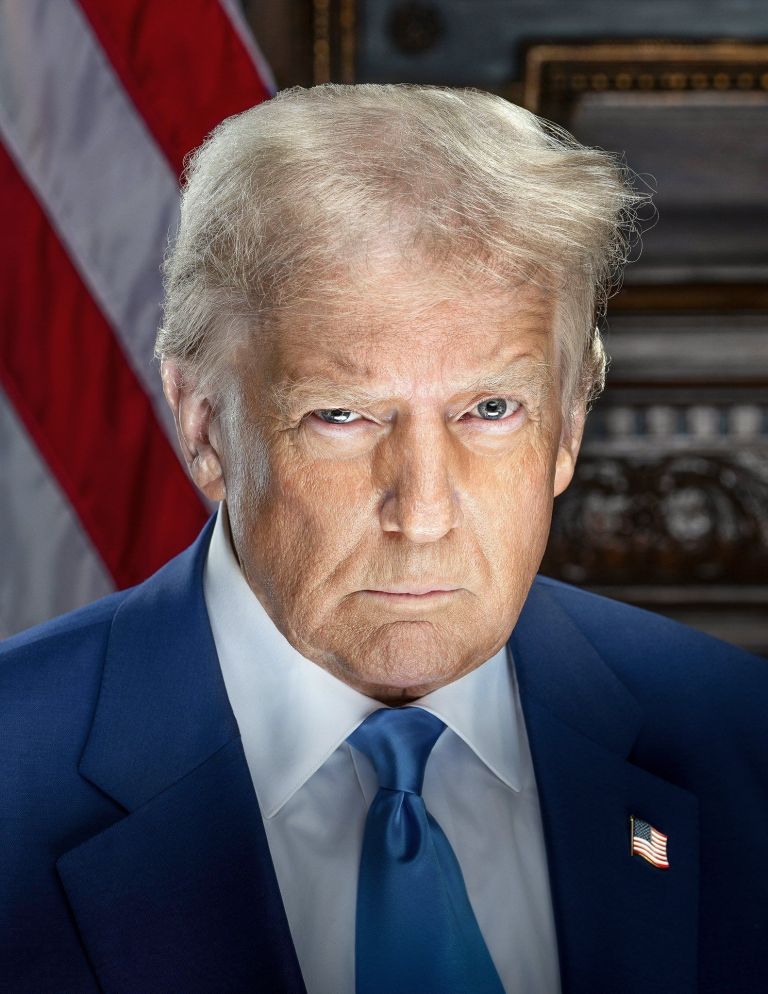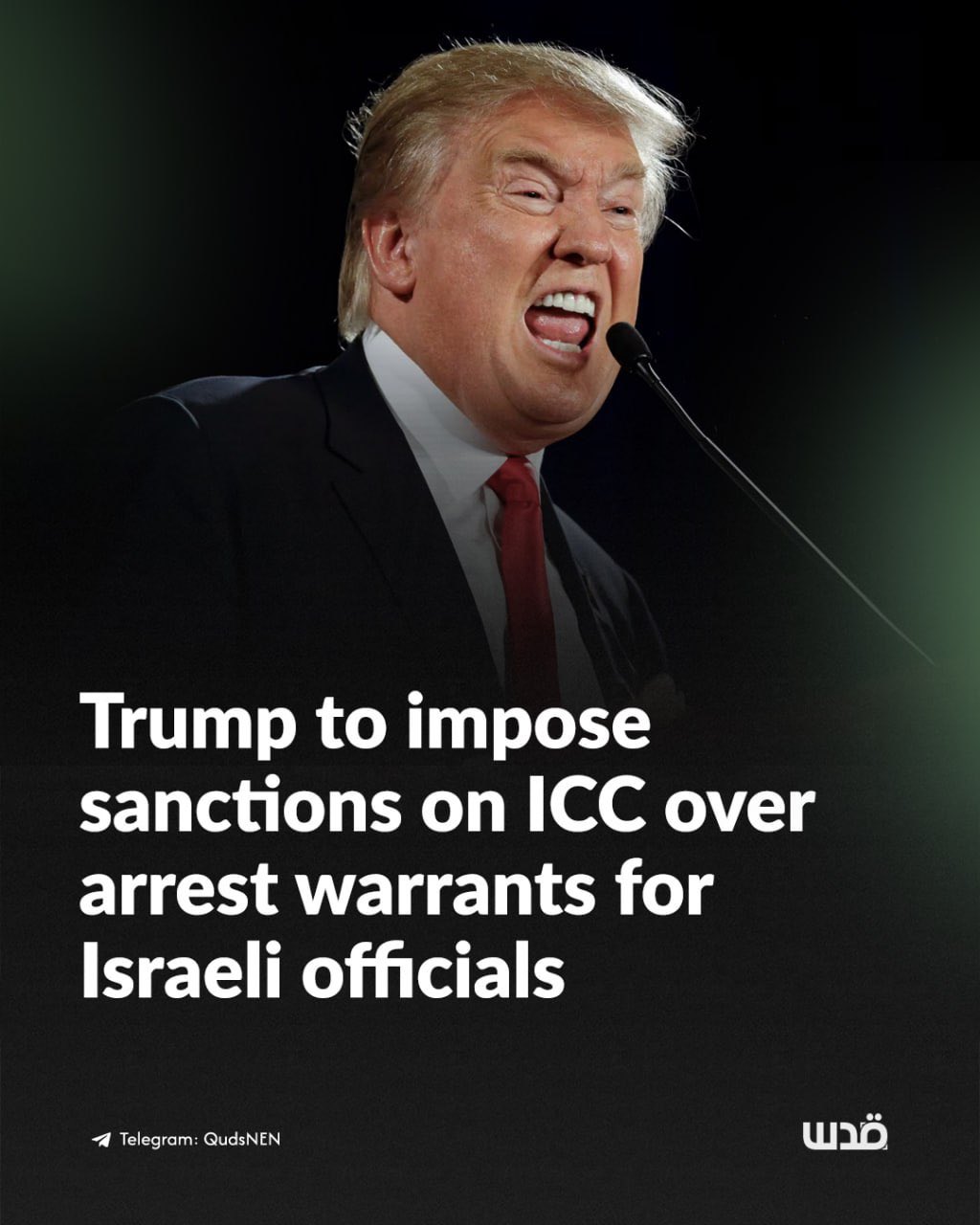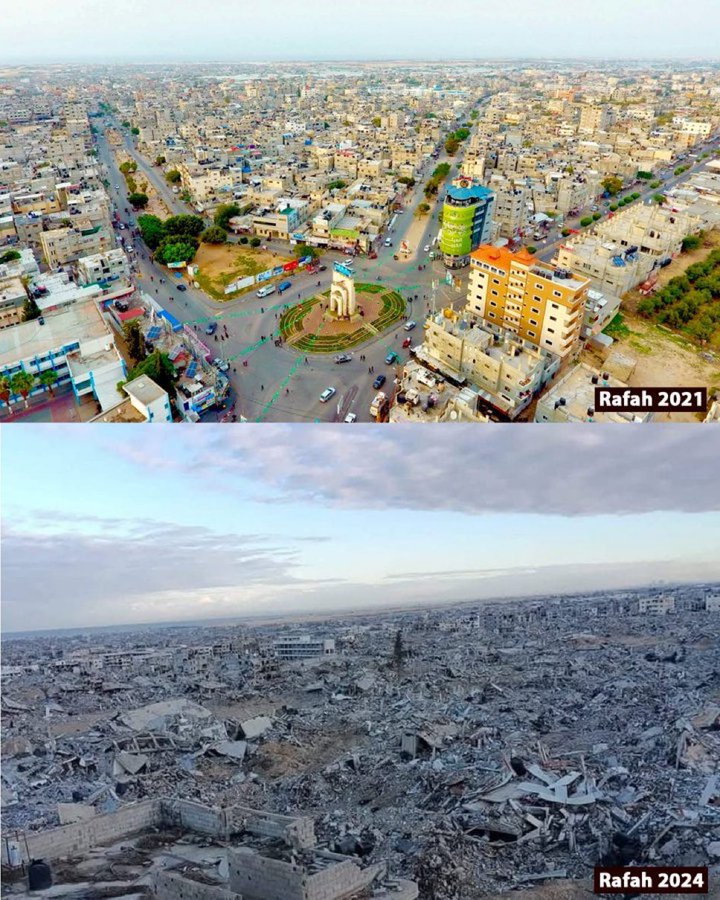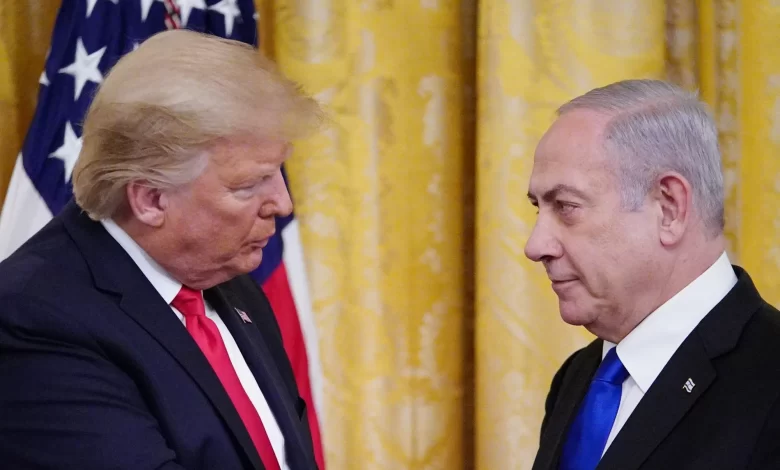By Saleem Ayoub Quna
Yes, this is the only way I could come up with to describe the special type of approach and fascination, just recently demonstrated by US President-elect Donald Trump, versus the science of geography.
As we all know, geography has for centuries, drew the lines not only between countries and peoples, but also built demarcation signs for different nations to respect each other’s space, identity, culture, way of life and freedom.
Geography in this sense is good and useful. But when some men at the top in the past failed to read its subtle codes, problem happened. History is rich of such incidents. Take for example Genghis Khan of Mongolia in the 11th century, Napoleon Bonaparte of France in the 17th century, and Adolf Hitler of Germany in the 20th century.
Who do think would be a good candidate today to replay the role of one of those who once misread the language of maps?
No one on earth can tell what’s really was going on in the mind of Donald Trump, the newly re-elected President of the US, when he talked the way he did, about his plans for his country’s second door neighbors and allies such as Canada, Mexico, Panama and even faraway Greenland, all in one coup, just few days before he takes office!
Surely, Trump’s hands are full at home and abroad. But it seems that his biggest obsession next to blaming Joe Biden for all mischiefs at home and abroad, is China!
China, he is told, is doing well. Not only its business and reputation are flourishing all over the world, including in the US, but also at home, where the standard of living and economy is impressively on the rise.
In addition to all of these strong cards China holds, its army must be the biggest in the world, plus its nuclear arsenal. Trump is aware of that too.
China for its part, is talking about Taiwan, the American and Western success story, since the end of WWII. China wants it back as part of its territorial national sovereignty. The US, Taiwan’s government and its people (23 million) and the West, do not agree to that, saying that the current world order has been constructed on the results of that war which they won, as did Communist China.
The current situation in the eastern Pacific Ocean, which harbors among others, South Korea, Japan and Taiwan is part and parcel of that glorious history.
Trump, to his own credit, is aware of China’s credentials. He obviously realizes the meaning of a full scale war with China. In some way, Trump thinks, and this goes also to his credit, that economy could be more important and effective than military force with equal rivals!
So to get out of this self-dug quagmire, Trump’s imagination takes him and the whole world, beyond all known classical boundaries of imagination, that politicians and strategists have experienced before.
Here, emerges the other hidden side of Trump, the visionary leader who, most probably, is living an illusion that he could be the greatest American President since 1776! Maybe, he thinks that, if George Washington, 250 years ago was chosen to become the first President of this vast rich country, it is now time for America, under his watch, to change the course of history and adjust some lines of geography again!
So what is he coming up with? He wants to change the name of the Gulf of Mexico to the Gulf of America, because, first it is appropriate, and second because it is a more beautiful name! Thanks God that he did not suggest to name it the Gulf of Trump!
But what are the facts on the ground?
The Gulf of Mexico was known since Mexico and Mexican civilization were born nearly 3000 years ago. The US as such came to exist less than 300 years ago. The coast line of the Gulf of Mexico makes the waterfront boundaries of states that were taken by the American colonizers, as a result of the Mexican-American War of 1846-1848. Look at the map again!
Other inland states such as Utah, Wyoming, Colorado, Nevada, Kansas and others were all also part of Mexican territory before that war. According to the Treaty of Guadalupe-Hidalgo signed between representatives of the two governments of the US and Mexico at that time, Mexico had conceded all these territories to the strong and better armed Americans. In brief, more than 50% of what constitutes the USA today, was originally Mexican, but still the names of all these states are still Spanish, not English!
Looking north, Trump beholds Canada, a vast and sparsely populated land with lot of rich natural resources. Why not make it the 51 state now? If the Founding Fathers managed to conquer all these states that make half of the country today, from Mexico 200 years ago by force, why not invite Canada to join the Union, without a fight? Together they would make a great beautiful landscape, and a unique merging venture, Trump fantasizes!
Then he turns to Panama Canal! He wants to take control of this strategic water way between South and North America, because he does not like the news that the Chinese are using it to market their merchandise!
Finally, he looks way up to the Atlantic Ocean and spots a huge island covered with ice, where nearly 60,000 people live. They formally and willingly are loyal to the Danish Crown in Copenhagen, the capital of Denmark. According to the Mercator Map Projection, Greenland is as big as Africa, although topographically Africa is 14 times larger. But that does deter Trump from wanting to annex it to America as well!
The only way Trump would convince those 60000 Greenlanders to accept his offer would be to offer them all full-board stay in three star Hotels in America which do not belong to his hospitality empire of course, but are owned and run by a Cuban businessman, who was once granted political asylum in Florida along with other Cubans soldiers, after the American planned invasion of the Bay of Pigs in Cuba, during the JFK presidency in the early 1960s, had failed!
With this nostalgic note, I want to close, by sincerely hoping that this Trumpography bubble will not be around after Trump himself is gone four years from now!
This opinion was especially written for Crossfire Arabia by Saleem Ayoub Quna who is a Jordanian author writing on local, regional and international affairs and has two books published. He has a BA in English Literature from Jordan University, a diploma from Paris and an MA from Johns Hopkins University in Washington. He also has working knowledge of French and German.











